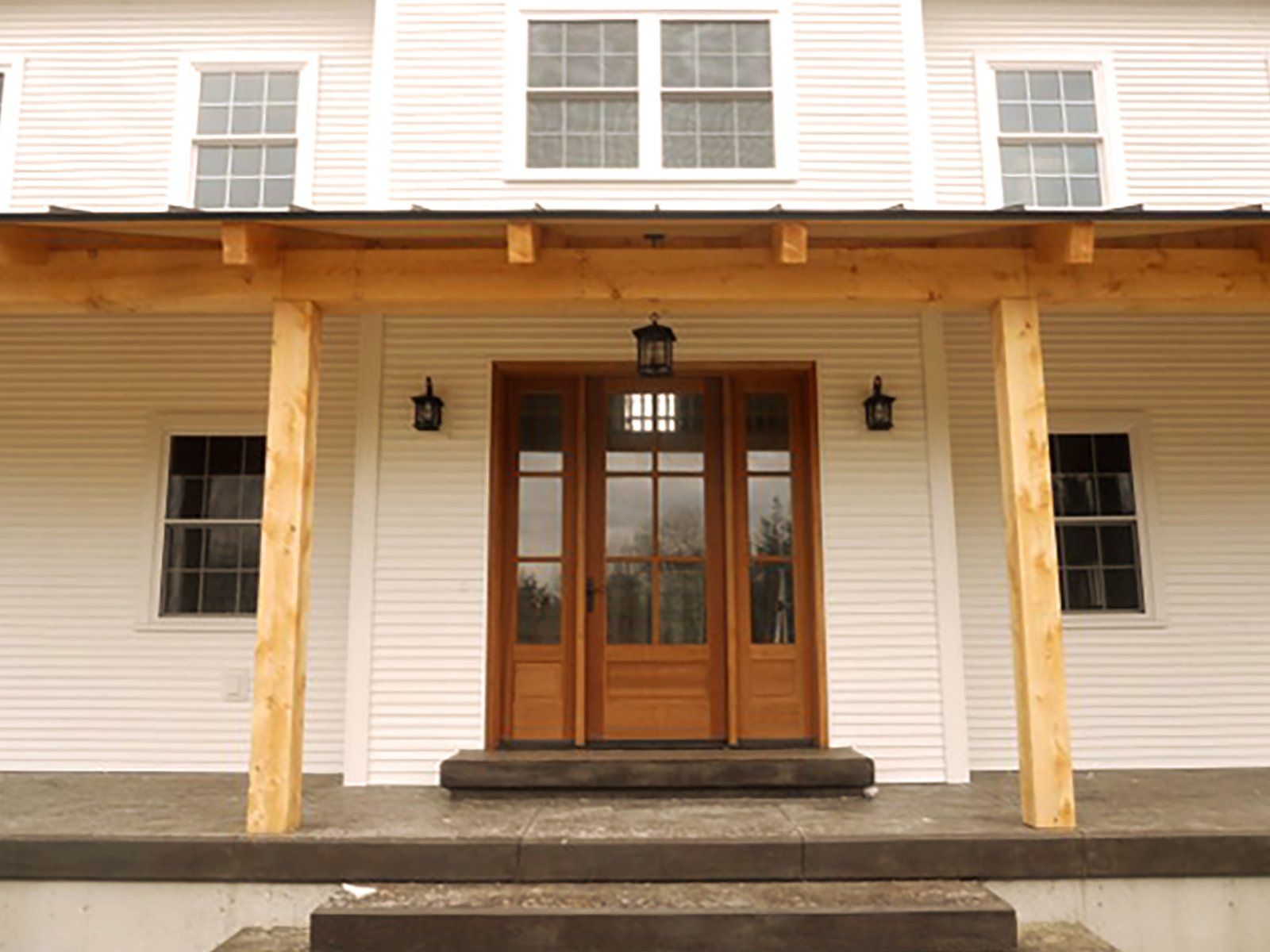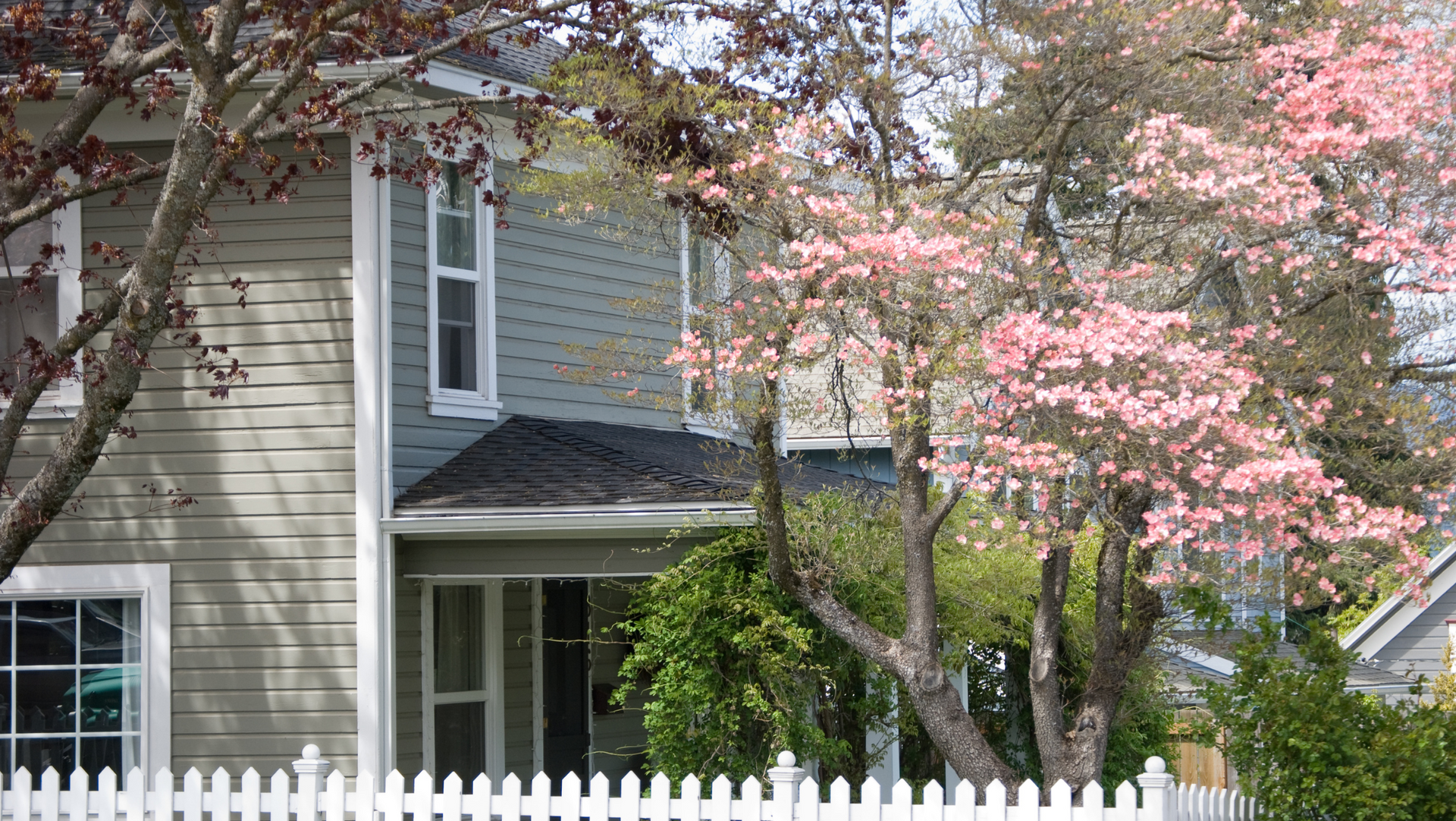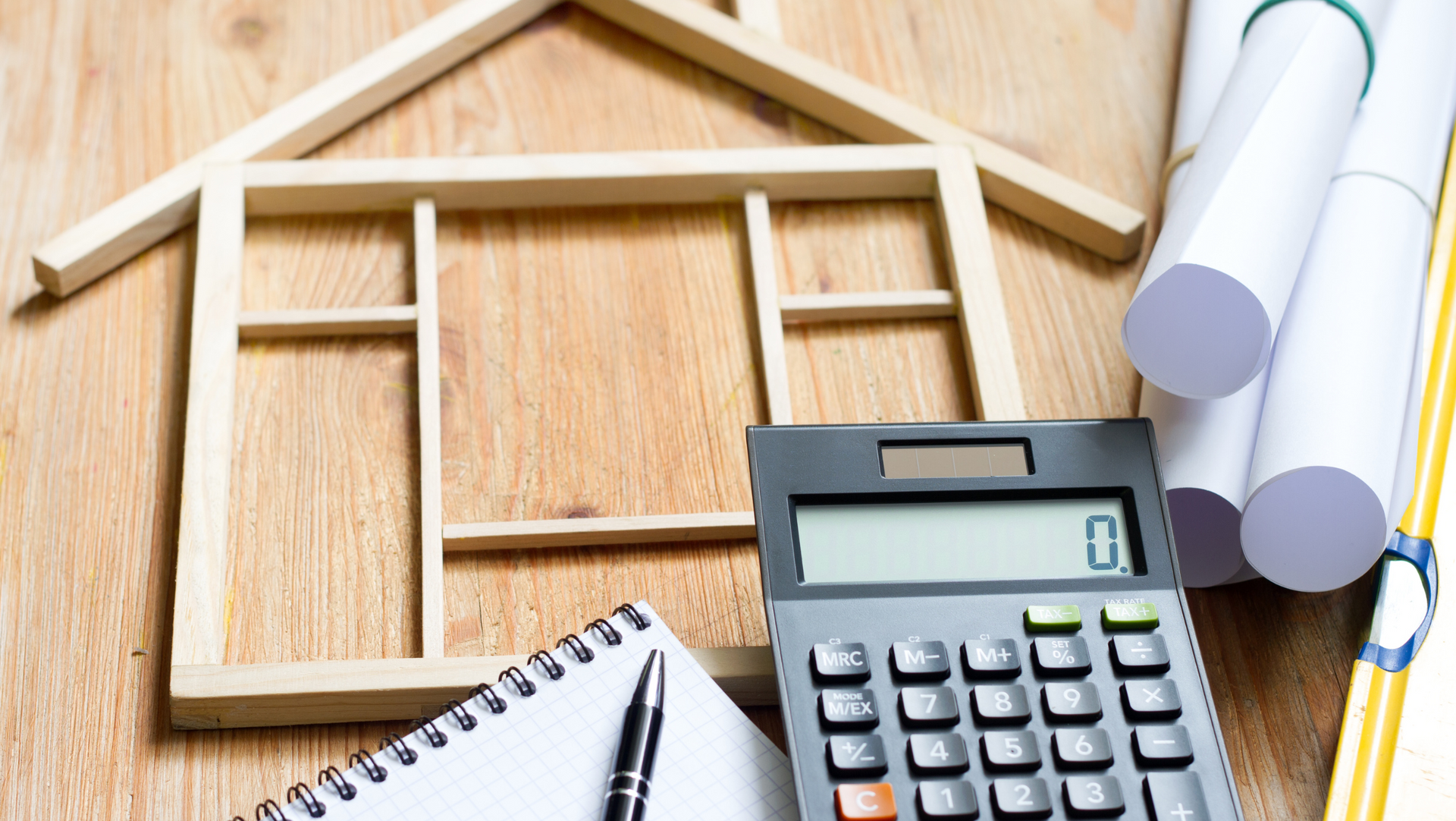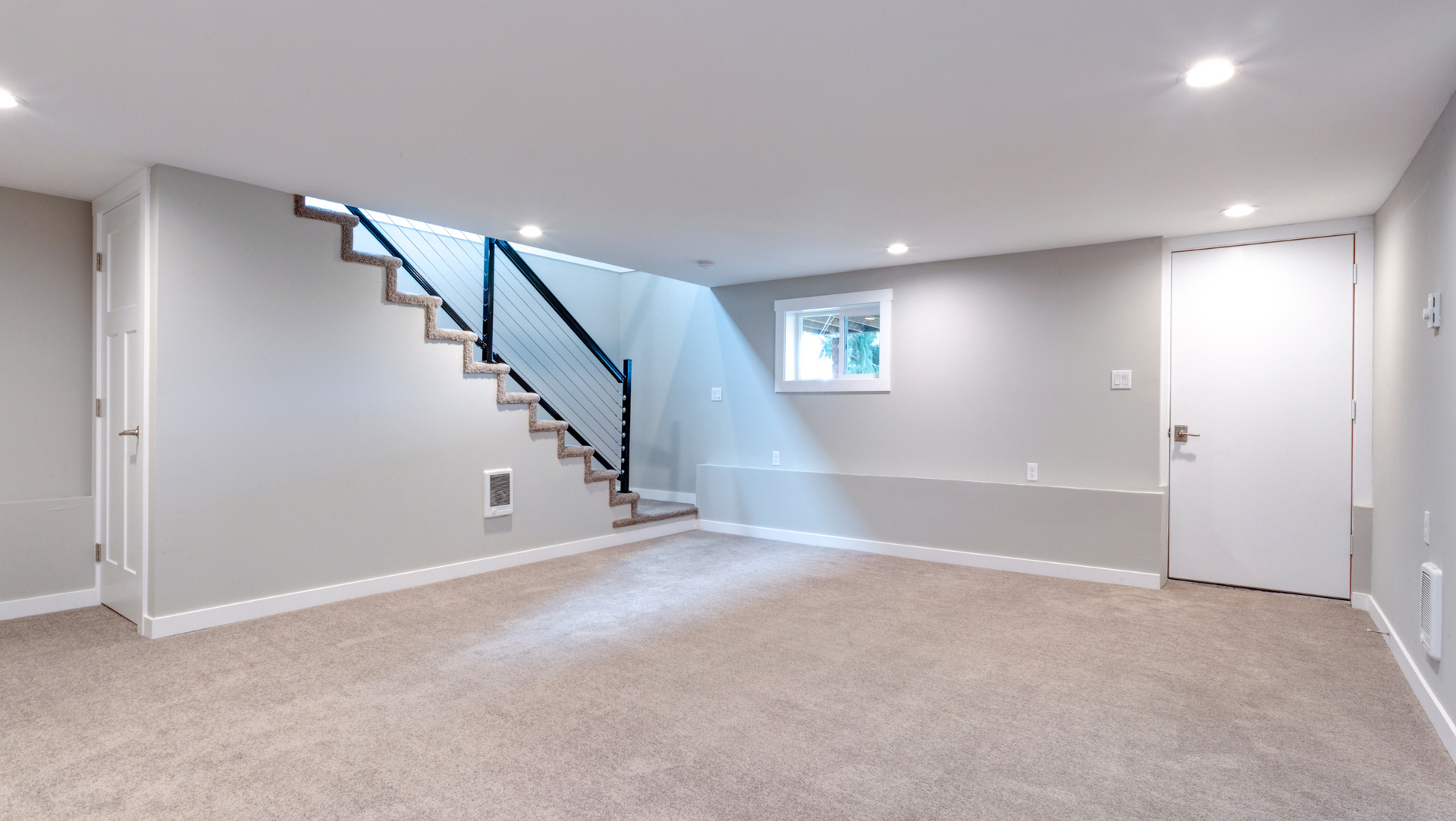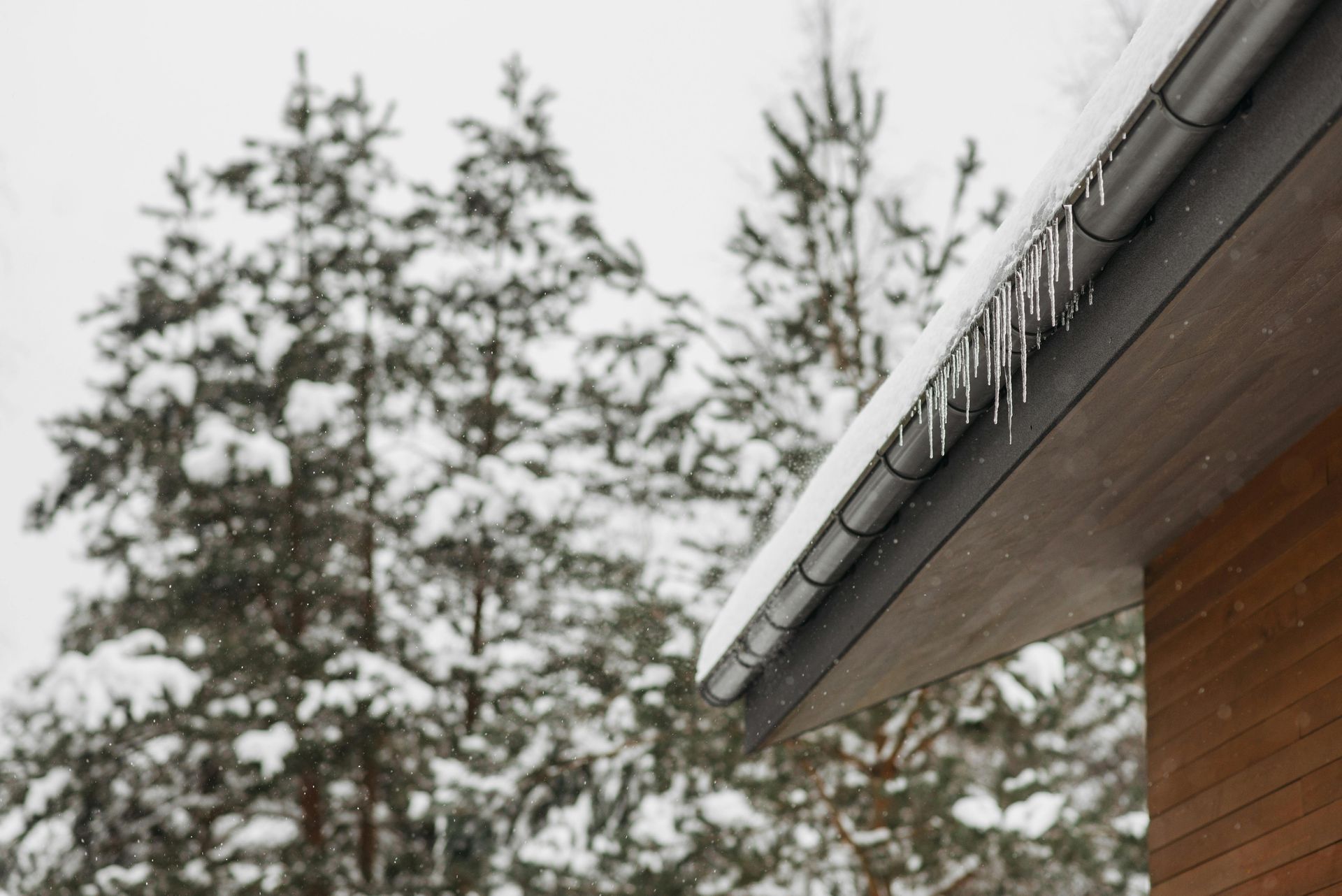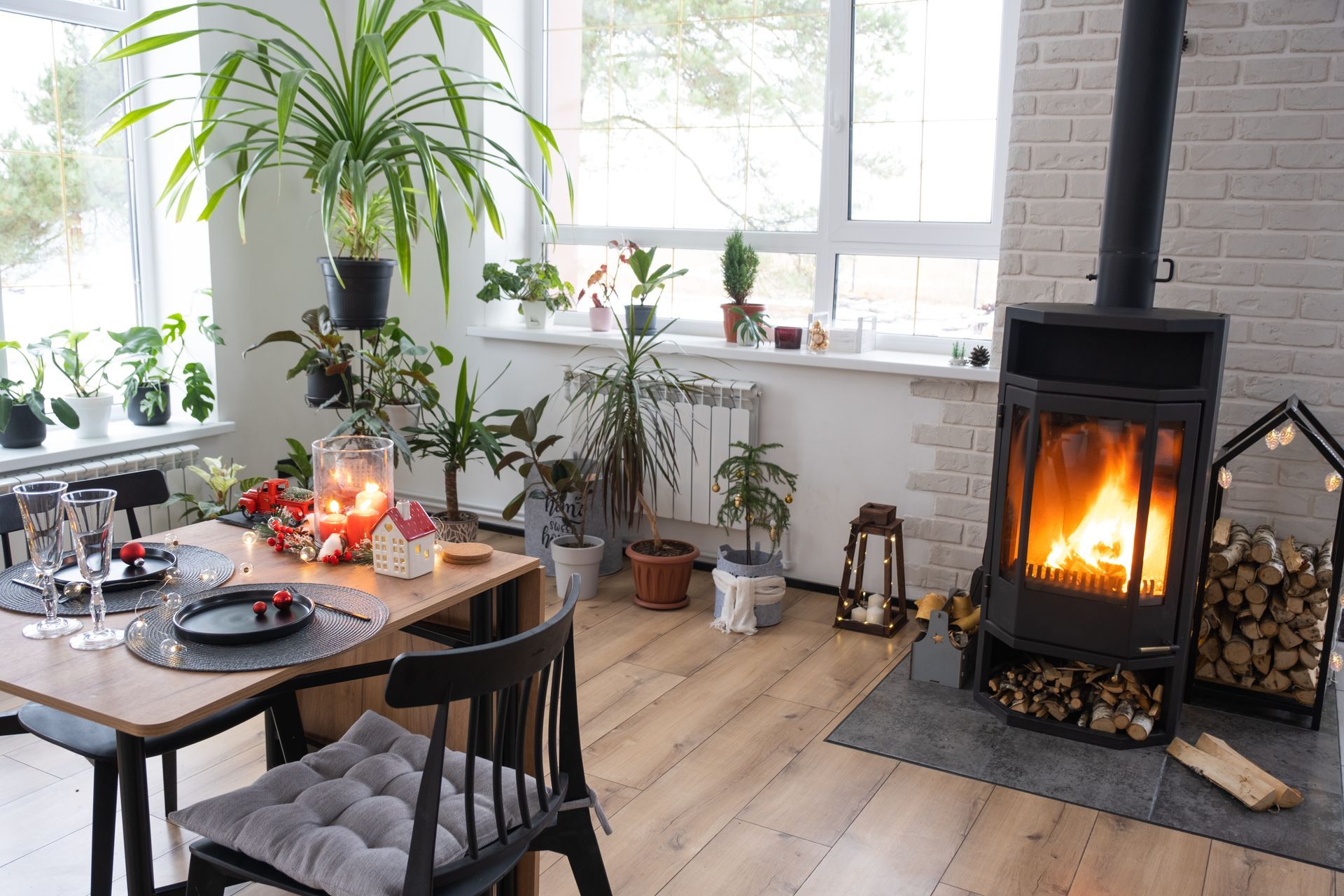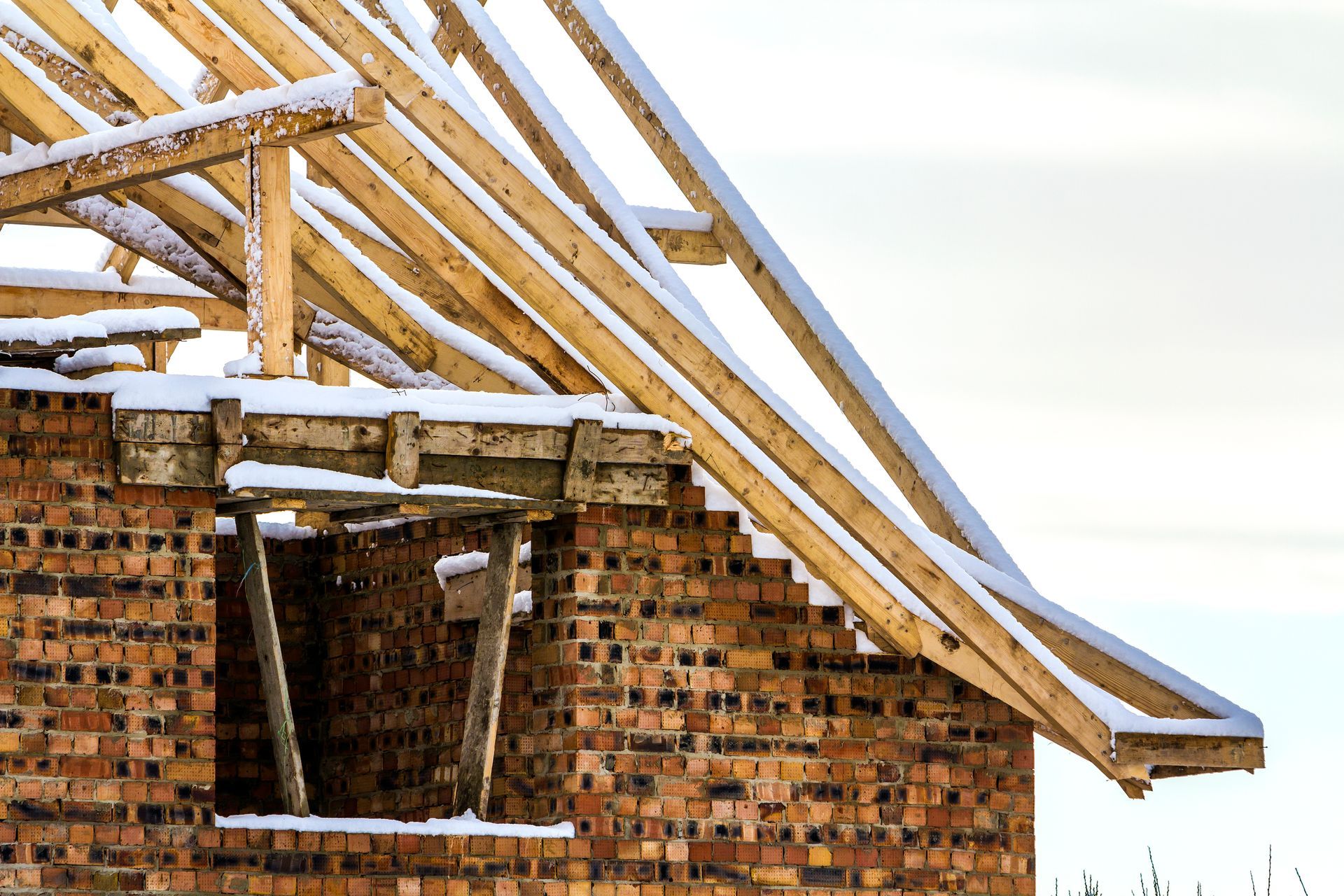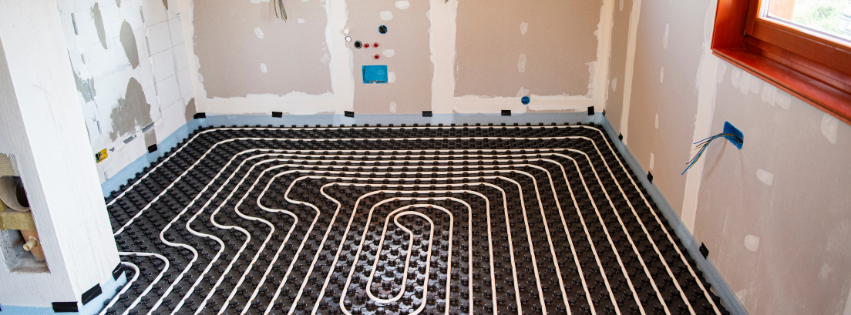10 Ways to Choose the Right Home Builder
What to look for in your builder.
10 Ways to Choose the Right Home Builder
1. Define your needs
. What size, type and price range of home do you need?
2. Experience counts.
While every builder was once a new builder, experience matters.
3. Are past buyers satisfied?
Ask for – and check – references from past home buyers.
4. Verify the builder is licensed (where required) and adequately insured.
5. Is there a design fit?
Does this builder have expertise in the style of home you seek?
6. Warranty and service.
How does this builder stack up for each?
7. Resale value.
Have past homes from this builder maintained or increased value?
8. Industry involvement.
Is the builder a member of the local Home Builder’s Association?
9. Tour model homes or customer homes.
There’s absolutely no substitute for this step.
10. Look for signs of quality.
In workmanship, materials and practices when you tour these homes.
Define your needs:
While some builders construct a broad range of homes, many builders also specialize in a specific type of home, price range, or style. For example, not many firms build starter homes for first-time buyers and also multi-million dollar homes for affluent custom home buyers. The building materials, trade contractors and even the building process itself can differ greatly by type and price of home. Look for a fit here. Then, be ready to make sacrifices, as it isn't always easy finding a home that meets all the criteria to be your dream home. In fact, a 2016 report from Bank of America found that 95 percent of first-time buyers are already willing to make sacrifices in order to make homeownership a reality.
Experience counts:
Every home building firm (including the most experienced and well-regarded companies today) once built their first home. And many new home building firms were started by experienced veterans of other builders. Don’t overly discount a new firm – especially if their team includes seasoned pros – but do look for strong experience overall and in the type of home you seek.
Are past home buyers satisfied?
Many builders offer customer references and referrals. If not, ask. And in either case, follow up. A few great questions to ask: Would you buy another home from this builder? Or recommend them to close friends or family? And don’t forget to ask for the key reasons why a past home buyer would or would not recommend a builder.
Is the builder licensed and insured?
Not every state or area requires builders to be licensed, but make sure that you work with a licensed builder in such areas. Ask about the insurance that the builder and his or her trade contractors carry. Make sure that they and you are covered during the building process.
Is there a design fit?
A builder whose entire portfolio consists of contemporary homes may not be the best fit for that highly traditional home you seek – and vice-versa. While many builders have expertise in a variety of design styles and architectural details, in general, look for a builder whose work includes at least some examples of the style of home you want.
Warranty and service:
One of the top advantages of new construction is that your home itself and most of the products, systems and components it contains are brand-new and under warranty. The peace of mind that comes with knowing that major repairs or a new roof are likely years away is important. In addition, look for a structural warranty of ten years or longer on the home itself, ideally transferable to a new owner should you sell. Also look for a builder who provides prompt and courteous service under warranty and who takes time to explain the proper maintenance and care that any home needs.
Resale Value:
Good reputations follow good builders, among homeowners and Realtors. Look for builders whose homes tend to hold or maintain their value. Look for Realtor ads that specifically mention the name of a builder for a home for sale that’s now five or seven years old. That Realtor clearly sees the builder’s brand name as a big plus.
Industry Involvement:
Not every good builder chooses to join their local Home Builder Association, so don’t place too much emphasis on this. However, such membership does tend to show that a builder is committed for the long-term to the area. It’s also a sign of commitment to new home community developers, building product suppliers and trade contractors that work in your city or town.
Tour model homes and/or homes this builder built for past buyers:
Once you’ve narrowed down a list of prospective builders using the criteria above, this is the most important step. Nothing substitutes for touring a home built by a builder on your short list. It can be a furnished and decorated model home that’s open to the public. Or, it can be a home the builder constructed for a past buyer that you visit by appointment. In either case, pay careful attention to the look, feel and quality of the home.
Look for signs of quality:
Look for signs of quality construction and attention to detail when you visit the homes above. Also consider the building products that a builder uses. Are they brands with well-earned reputations for quality? What about the homes under construction you passed on the way to the completed model home? Were there signs of care and attention there, as well?
For this article and additional information, please visit https://www.newhomesource.com/resourcecenter/articles/ten-steps-to-select-the-right-home-builder.
Find Us Here!
Tanguay Homes, Inc.
419 Route 105 Suite A,
Newport, Vermont 05855
Mailing Address:
P.O. Box 517
Newport, VT 05855
Follow Us!
Tanguay Homes of Newport, Vermont specializes in working with out-of-the-area clients. You may sign up to receive daily progress photos, e-mails, and calls. Weekend and late evening appointments are available for your convenience.
Tony Tanguay
President
Contact Us!
We will get back to you as soon as possible
Please try again later

